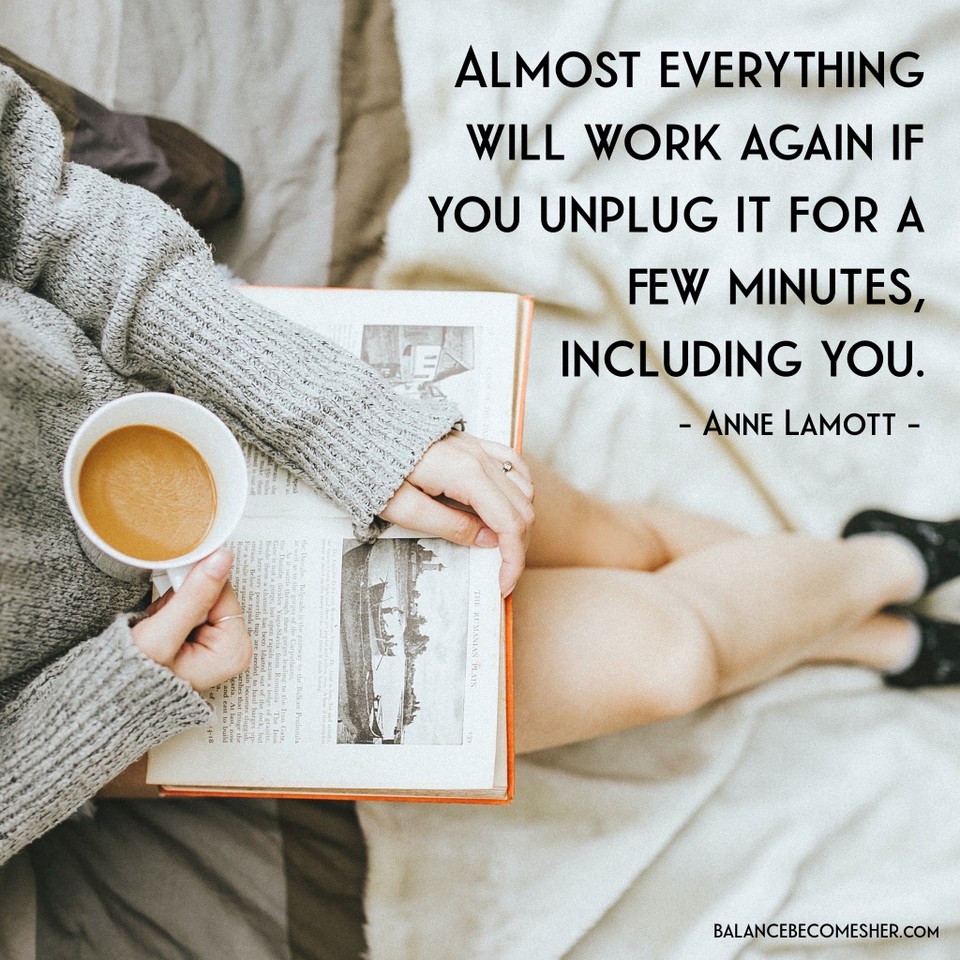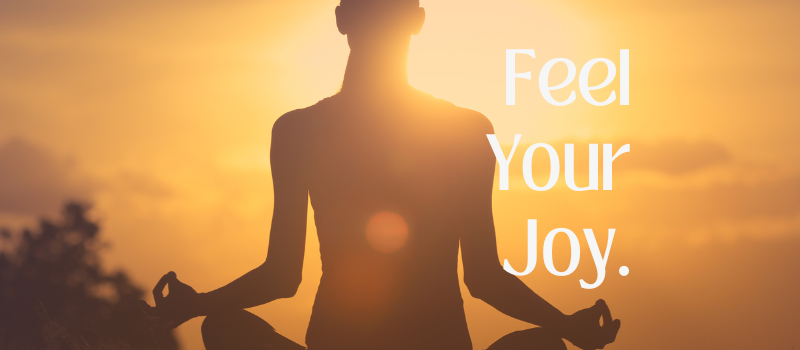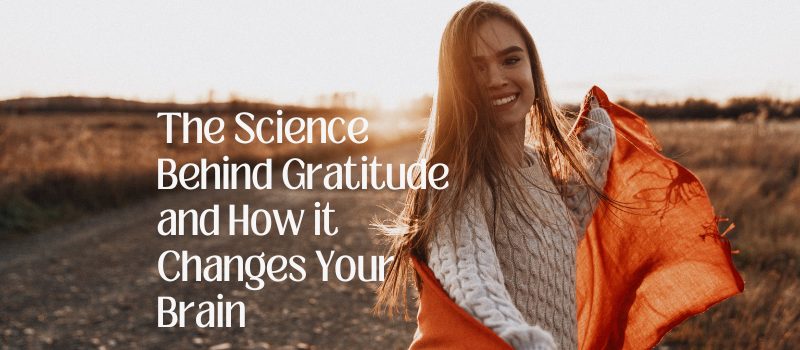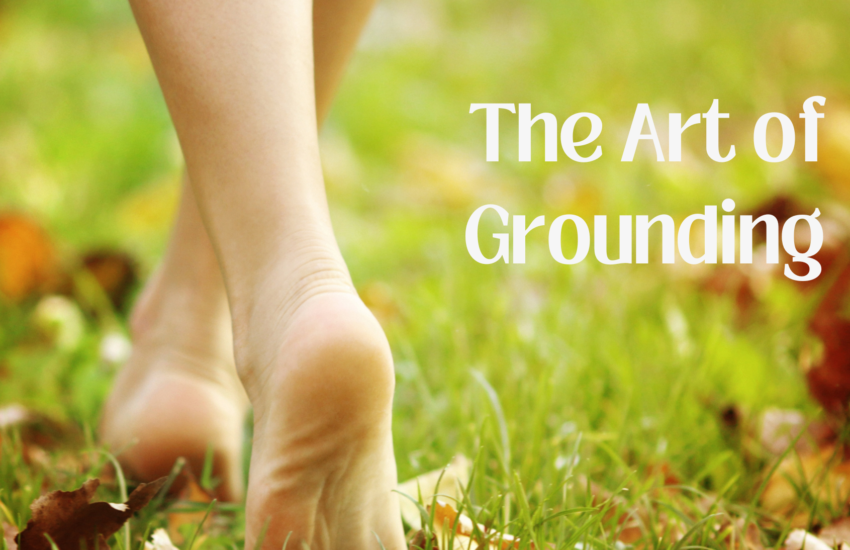Turning Off the News
There are countless things I learned from my therapist, but the biggest one for me at the beginning of my anxiety journey was learning to turn off the news.
I was becoming overwhelmed by what was going on in the world and I was being crushed under the weight of the guilt. I felt like I should be doing something – going to Africa to dig wells, standing in front of poachers to save the elephants, selling my plasma to feed the homeless – anything.
It was completely counterintuitive for me because I was a journalist by trade and at heart. I wanted to know what was going on in my world. If I didn’t know, how could I change it? The thought of turning off the news was the equivalent of burying my head in the sand. It was like giving up on all of my ideals. But what I could never have known at the time was it was absolutely necessary to my mental health.
One of the first things you learn in journalism school is, “if it bleeds it leads.” It’s the proverbial train wreck we can’t take our eyes off of and readers and viewers will devour it. News is a business – now more than ever. It’s about advertising and ratings and getting you to that state where you’re afraid to turn the channel for fear of missing something. News today is often more about conjecture than facts. The next time you watch the news, seriously evaluate it. Take note of how often there’s reporting of actual facts versus an anchor asking an “expert” what this may mean for the future. They’re not going to put someone on the air who’s going to say, “everything is fine, it’s no big deal.” If they did, you’d turn off the TV or put down your phone and then go about your day and they would lose viewership. They’re going to put the person on who says “This is not okay, here’s what could happen and here’s what you need to know to be prepared.” The alarmists are the ones who are making the money.
At the height of my anxiety, Oprah was still on TV and I couldn’t even watch her. As much as I love Oprah, she’s still a business woman and she’s still about ratings. That was 20 years ago. The news juggernaut we have now is so much worse. It’s shock journalism.
Once upon a time, you could subscribe to the Sunday paper because anything that was newsworthy was there and by the time it was reported in the Sunday paper, all the facts had been sifted through and what was left was actual news. Now, with “news” inundating us from all avenues, it’s harder than ever to get accurate facts. Everyone is rushing to be the first to break the news and often it’s better to be first than to be accurate. Even reputable news sources are no longer reputable. They are fighting for survival and “if it bleeds it leads” is as true today as it was 20 years ago.
That’s not to say you should never know what’s going on in the world. It’s our world. We need to be a part of it. But if you’re finding yourself overwhelmed or worried about a supply shortage that may or may not happen or the economy that may or may not crash, take a step back. Wait a week and then see what the news has to say about it.
It’s okay to fill your social media with kittens and rainbows. It’s okay to unfollow the negative people or the accounts that make you feel like you’re less than or not doing enough.
It’s okay to know you can’t handle the news at a certain point in your week or even your life. If you’re having a hard time watching the news, you may be a highly sensitive person or empath. What that means is that while other people can watch the news and then turn it off and go about their day, if you are a Highly Sensitive Person (HSP) or empath, it sticks with you. It colors the rest of your day or maybe even the rest of your week. You fixate on it. You feel the sorrow as if it were your own.
You know those professional mourners who are paid to wail at funerals in certain cultures? I could be one of those. I cry at commercials, I cry watching sappy cartoons, and I’m a nightmare at funerals. It’s well known in my social circle and amongst my family that I am a straight up embarrassment at a funeral. I cry the ugly cry. I sob. It doesn’t matter how well I know the person. I could walk into a stranger’s funeral and walk out with people consoling me. The last funeral I went to people thought I was the deceased’s sister. The funeral before that, I was mistaken for the daughter. I am the definition of empath. When I see other’s pain, I feel it as if it were my own. When I see something horrible on the news, it cuts me to my core.
It’s okay to be a highly sensitive person. It’s okay to be an empath. The world needs us. But it’s not an easy road and we need to know how to protect ourselves. Empaths can’t just let it go, we can’t compartmentalize.
“As the media… is designed to get the attention of the rest of the population who do not feel deeply and have sensitive nervous systems, a sensitive person will feel emotionally bombarded, overwhelmed, and overstimulated if they consume as much media as a less sensitive person,” says Katie T. Larson, PhD and researcher, author, and growth coach to highly sensitive people, empaths, and intuitives (Healthline).
Empaths are more likely to suffer anxiety because they are more in tune to other people’s emotions and suffering and it is often hard to distinguish other people’s emotions from our own.
So if you find yourself raw after watching the news, take a step back. Turn it off. If it’s really news, it will be there when you turn it back on.
Take time to get in touch with your own emotions and try to separate them from the tragedy of others. Empaths are often called “sensitive,” and to some it may be considered a weakness. But I will tell you right now, it takes more strength to walk through this world as an empath than it does as a “normal” person. If you’re sensitive to other’s emotions, that’s okay. As an empath, we have more compassion and a greater conscience. We have the ability to feel the pain in this world, and if we can get to the point where it doesn’t paralize us, we will be the ones to change the world.
SHARE



